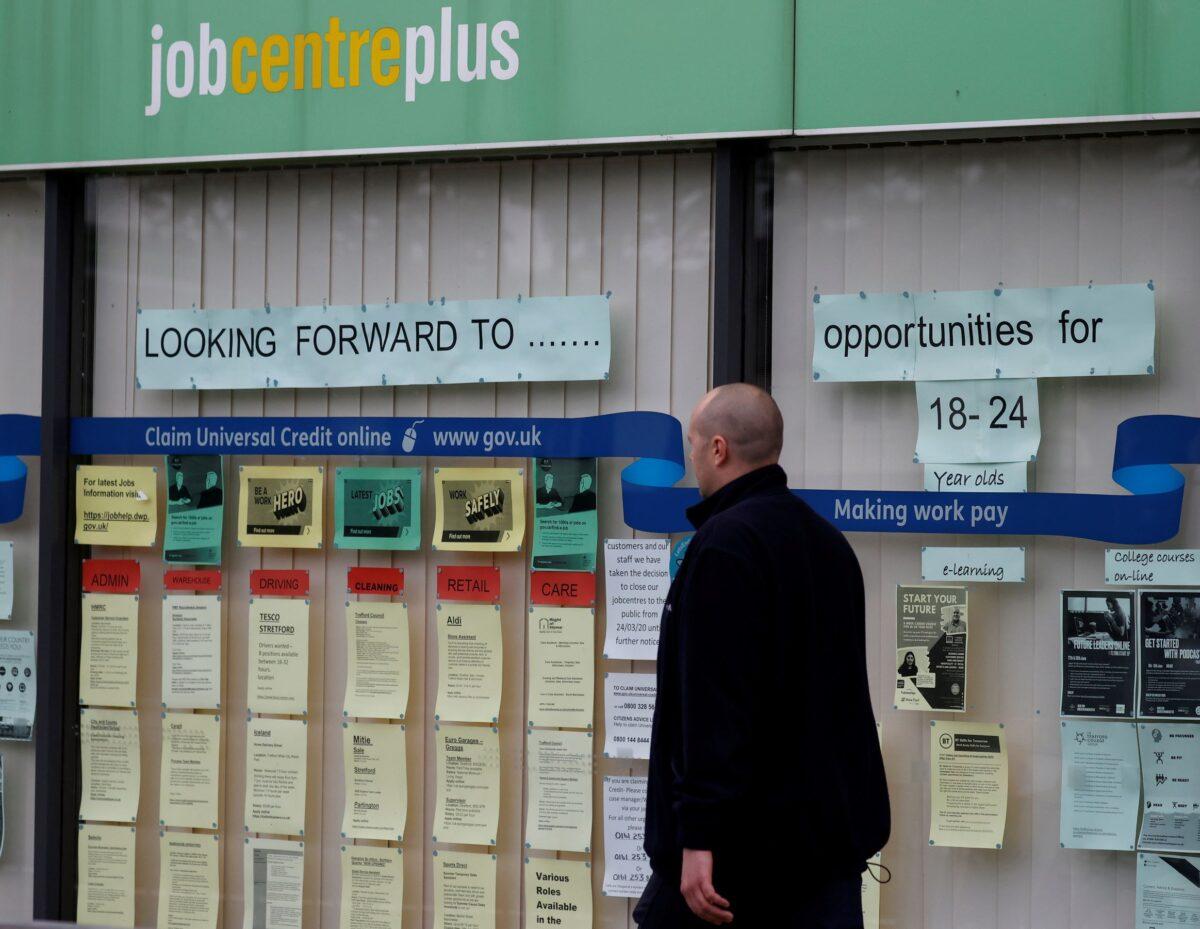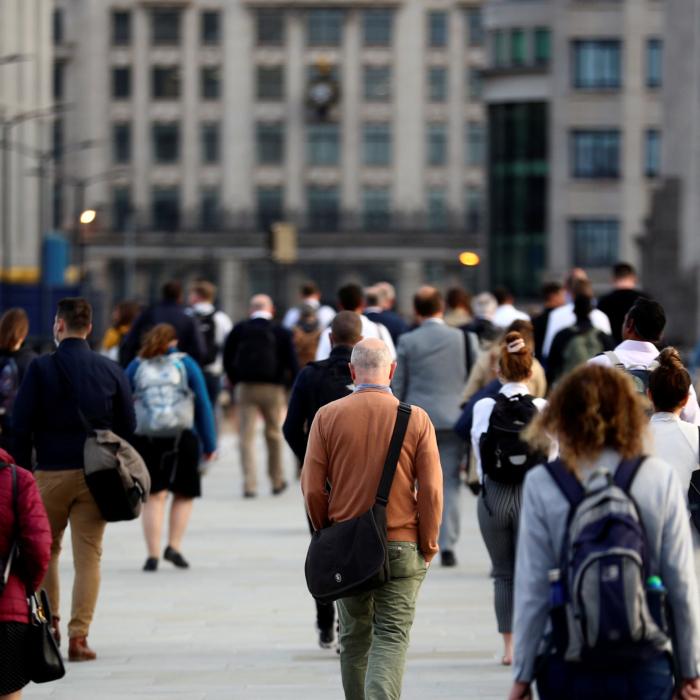Young people will have their benefits cut if they do not take up work or training opportunities, Work and Pensions Secretary Liz Kendall has said.
Kendall made the remarks ahead of announcing reforms to the welfare system which will aim to cut costs.
Speaking to Sky News’ Trevor Phillips on Sunday, the work and pensions secretary said, “If people repeatedly refuse to take up the training or work responsibilities, there will be sanctions on their benefits.”
When pressed by Phillips if that will mean they will lose benefits, Kendall responded, “Yes.”
The Cabinet minister will set out plans on Tuesday which aim to get Britons back to work, amid concerns over the predicted rise in the number of people claiming benefits.
Crackdown on Benefits Cheats
The secretary of state’s comments came as Prime Minister Sir Keir Starmer promised to reform the benefits system and crack down on fraudsters who abuse it.He continued: “We will crack down hard on anyone who tries to game the system, to tackle fraud so we can take cash straight from the banks of fraudsters. There will be a zero-tolerance approach to these criminals.”
However, the prime minister said that he would not “call people shirkers or go down the road of division,” rather, “Treating people with dignity and respect.”
The prime minister said that reforms would join up different services to create a holistic approach to getting people back into work.
1 Million NEETs
Kendall continued to outline the government’s plans, telling Phillips that health problems holding back jobseekers will be tackled by the work being undertaken by Secretary of State for Health and Social Care Wes Streeting, who is overseeing the government’s 10-year plan to reform the NHS.The work and pensions secretary said on Sunday that there were nearly a million young people who are not in education, employment, or training—commonly referred to as NEETs—and that while that was in part owing to young people not having enough qualifications, that high figure was “often driven by mental health problems.”
“The overwhelming issue we face today is people out of work due to long term health problems. And the major problem with our current system is it does not join up work and health support,” she said.

Mental Health
A report from the Institute for Fiscal Studies (IFS) from September found that the number of working-age people getting health-related benefits in England and Wales had increased from 2.8 million (7.5 percent of the working-age population) in 2019/2020 to 3.9 million (10 percent of the working-age population) in 2023/2024.Analysis by the IFS noted that there had been “a shift towards claims from younger individuals and claims for mental health conditions.”
Between 2019/2020 and last financial year, the number of new disability benefit awards made to under-40s has increased by 150 percent. More than one-third (37 percent) of new claims are now primarily for mental health conditions, which is up from 28 percent before the COVID-19 pandemic, the think tank noted.
“While young people are much more likely to claim for mental health reasons, there has been a substantial shift towards claims for these conditions at all ages,” the analysis said.
The previous Conservative government had come under criticism from Labour, then in opposition, and disabilities charities after it announced proposed reforms to the welfare system which would have seen 150,000 people signed off work with “mild” conditions get back into the workforce.







